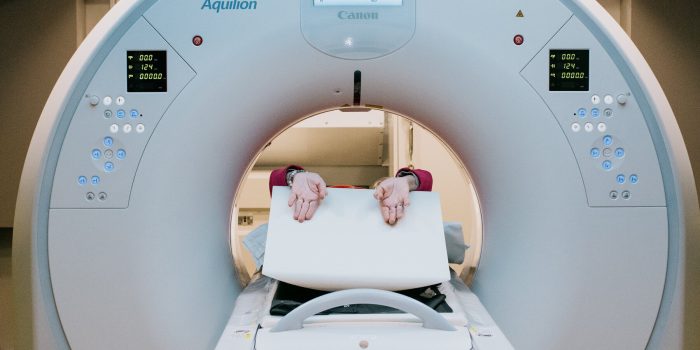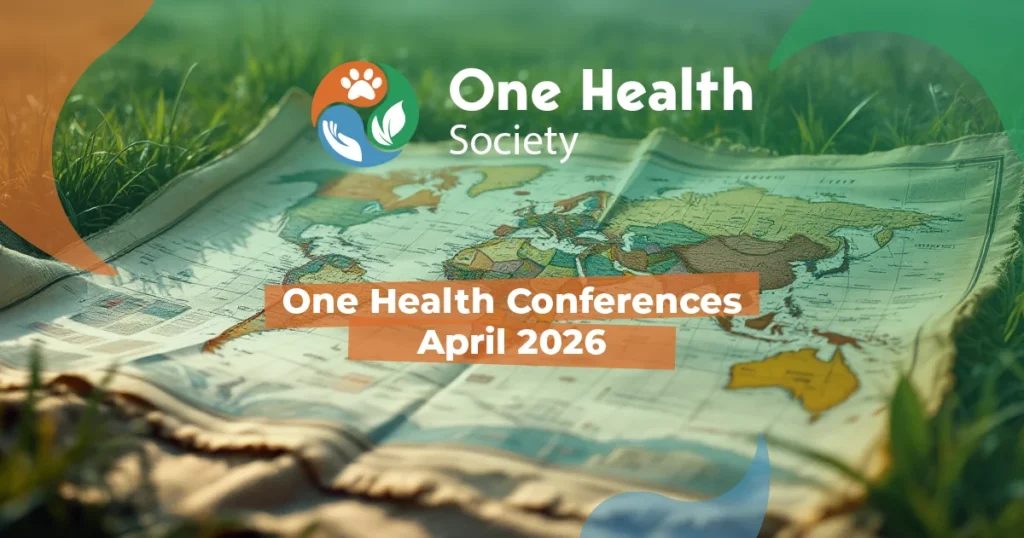West Virginia’s back roads — two lanes, carved into steep mountainsides — were never meant for LUCAS, a 68,000-pound tractor-trailer that brings lung cancer screening to the most rural parts of the state.
Lung cancer is the deadliest type of cancer in the United States, claiming about 125,000 lives each year — more than breast, colorectal and cervical cancers combined. Though lung cancer screening by CT scan can be lifesaving and insurers are required to cover it, the test is a little-known option. Less than 20 percent of eligible people get screened, compared with the 70 to 80 percent who get mammograms, colonoscopies and Pap smears, federal data shows.
These challenges are exacerbated in West Virginia, which has the highest smoking rate in the country and a largely rural population without easy access to a hospital with lung screening. Half of its lung cancer cases are not caught until Stage 4, when treatment options are limited.
LUCAS, which is run by the West Virginia University Cancer Institute, hit the road in 2021. It was the first fully mobile lung cancer screening unit in the country. “We have to be more creative about bringing health care to people,” said Dr. Hannah Hazard-Jenkins, the institute’s director. “As opposed to always forcing them to us.”














